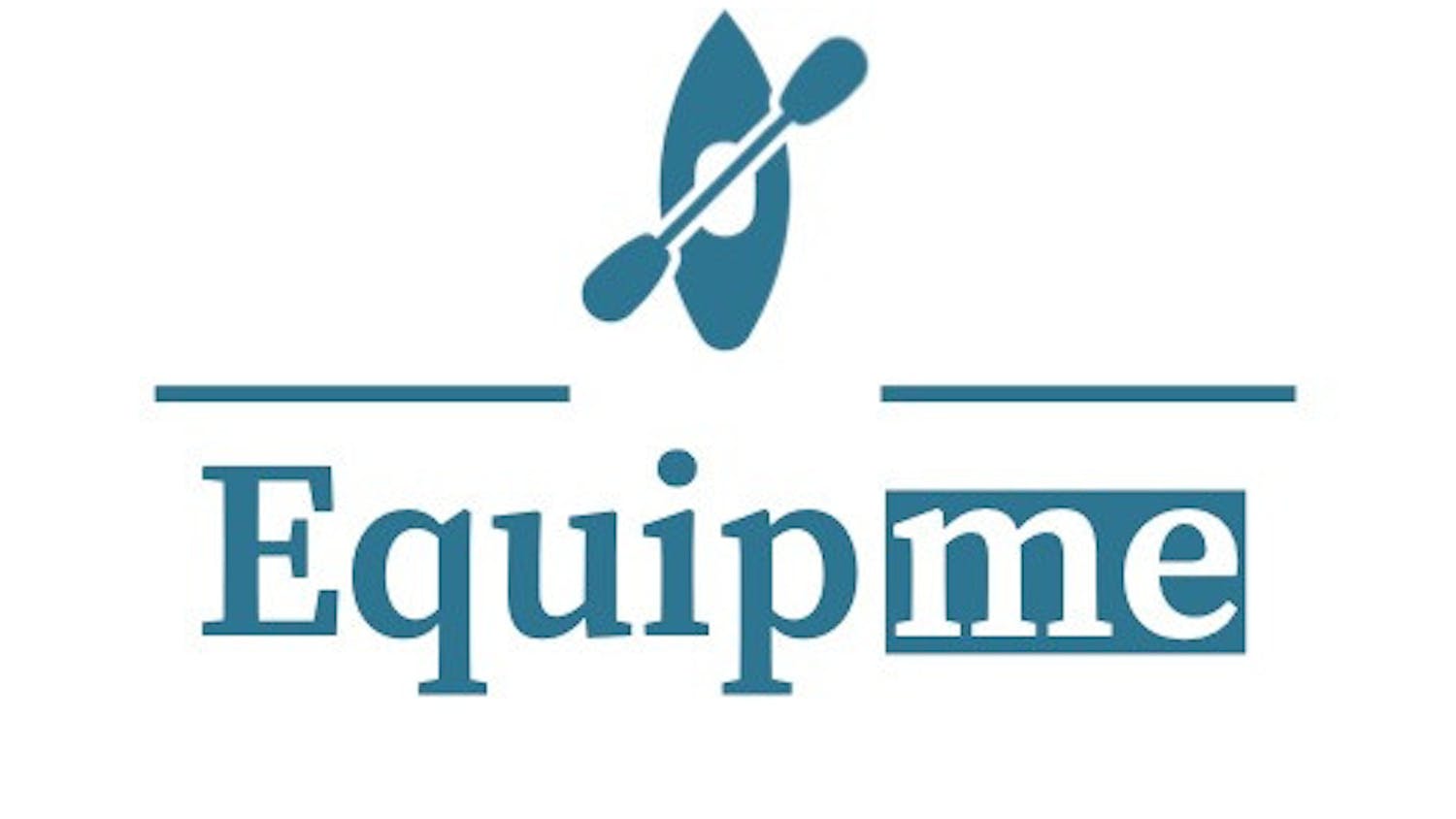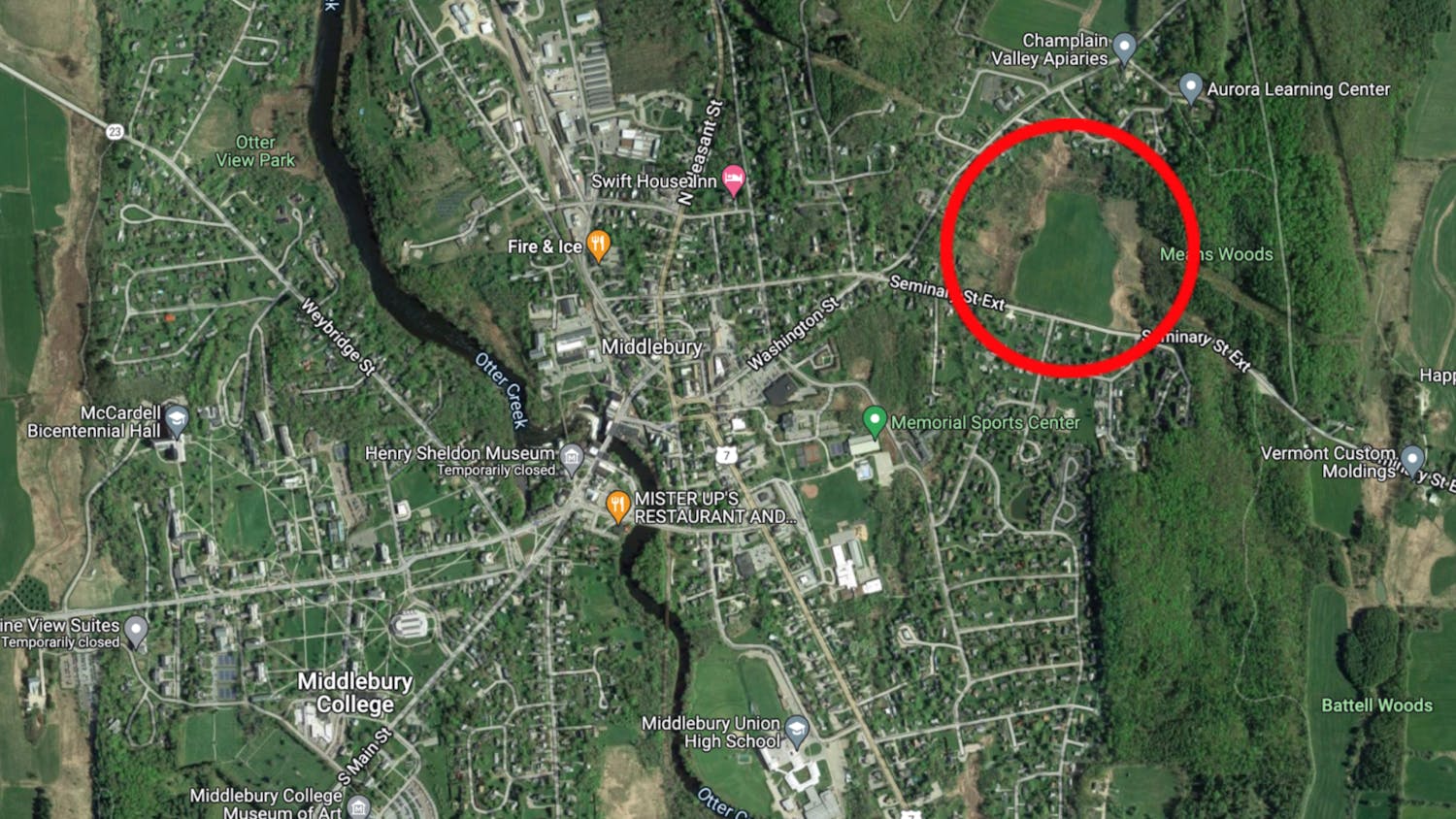Vermont locals currently face a number of problems, from inconveniences to inequitable and unethical abuses. Inaccessible and sparse public transportation leaves many residents stranded and forced to rely on more expensive options to get from point A to point B. Anaerobic digesters, like the one currently on Goodrich Family Farm, continues production amidst a long history of allegations of wage withholding and unethical behaviors against workers. Further human rights abuses remain rigid and severe for migrant workers on dairy farms. Devastating tropical storms such as Irene, which hit Vermont in 2011, have uprooted hundreds of households and have heavily impacted individuals and communities. These problems will only continue to worsen should no actions be taken and no support be given to policies that address these ongoing and severe crises.
Vermont’s Environmental Justice Bill S.B. 148, originally introduced by State Senator Kesha Ram Hinsdale 10 years ago, aims to confront these inequities and progress Vermont towards environmental justice in all forms. Seventeen states have already adopted various forms of an environmental justice act, aiming to include marginalized communities in the policy-making process. Recent negotiations to pass S.B. 148 builds on these same values and uses environmental justice frameworks and principles to ensure environmental burdens on disproportionately affected communities are always assessed in the legislative process.
Furthermore, the bill dictates that each agency in Vermont create their own community engagement plan in order to better ensure transparency and inclusion in the policymaking process. To help implement these principles, the bill involves the creation of an Advisory Council on Environmental Justice and the Interagency Environmental Justice Committee. Both will serve to advise agencies and departments on their actions regarding environmental investments and provide policy recommendations.
Additionally, an aspect of this bill with huge potential for impact involves its commitment to allocating 55% of federal investments related to climate, natural disasters, the environment and other areas to further protect frontline communities. This commitment could help communities lessen the effects of increasingly severe natural disasters as well as overwhelming air pollution and other environmental problems.
Imagine what Vermont life could look like for locals with the passage of the EJ bill. People could wake up every day in cozy and affordable homes protected from the harsh Vermont winters because the state government funded a weatherization program that paid people livable wages with benefits to retrofit their homes. Migrant farm workers could wake up warm and comfortable in the living conditions that they deserve. When people travel to work or school, they would only need to hop on accessible, affordable and reliable public transportation powered by renewable energy. When they arrive at work, people would have meaningful jobs: working to decentralize and decarbonize our energy systems, caring for our young, sick, injured, and elderly, educating people to foster their curiosities, growing nourishing food to fuel our work and play… and throughout all of it, there would be a reduced risk of future disasters like Tropical Storm Irene that devastated rural Vermont working class communities. People could sleep easier, knowing Vermont infrastructure protects them from floodwaters and that with all of the EJ bills passed around the country, the U.S.'s emissions are declining, providing that livable future that we deserve.
While Middlebury is sheltered from a lot of the environmental justice issues facing Vermonters, we, as college students, still have much to gain from the EJ bill. With the passage of the bill, we could have representation in policymaking processes that can give working students and staff a living wage for their labors. Migrant farmworkers would be further empowered in the state legislature, ensuring better labor standards for those who work on the farms that collaborate with Middlebury. Students could travel around the state on affordable public transportation, thereby becoming more connected to our temporary home. Students, faculty, and staff could also reconnect with our food systems, learning about the land the Abenaki have cultivated and finding ways to return the land and thus food sovereignty to its people. Finally, the Middlebury community has roots all over the world. The passage of S.B. 148 could get us on track to reduce Vermont’s carbon emissions, supporting our international community as we fight the climate crisis.
The bill has passed through the State Senate almost unanimously. With the end of the 2022 legislative session looming, the bill needs to pass through the house and land on Governor Phil Scott’s desk. At this current moment, the bill just passed through the House Committee on Natural Resources, Fish, and Wildlife — led by Addison County’s own Amy Sheldon — and has widespread support. Thirty-five environmental and social organizations have signed a letter of support for the passage of the bill, demonstrating the intersectionality of the bill and the level of commitment constituents feel for ensuring the bill’s passage. It is clear – Vermont is past ready for the passage of an Environmental Justice bill, and Sunrise Middlebury stands fully in support of its implementation.

Emily Hogan '24 (she/her) is a Local Editor.
She is studying Environmental Policy with a minor in Math. In addition to writing and editing for the Campus, she also dances with the On Tap dance troupe and serves on the Environmental Council. She has previously worked with the Sustainability Solutions Lab at Middlebury.



